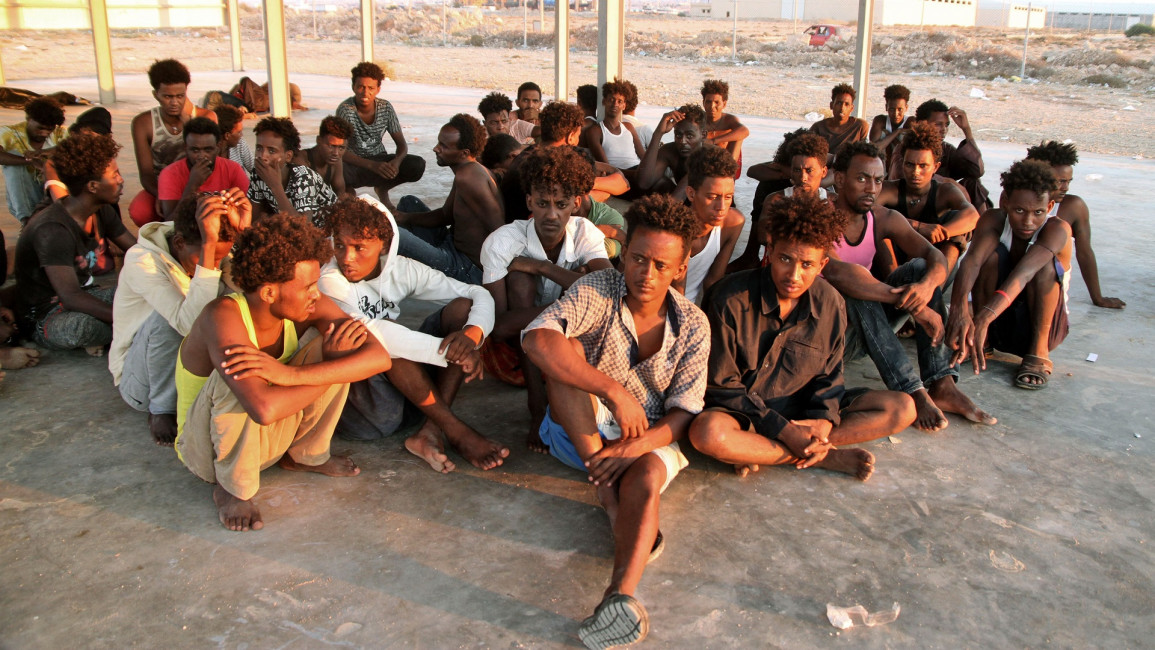Notorious Egyptian prison torturers who abused migrants in Libya arrested by Italian police
The group have been accused of torture, kidnapping and trafficking of migrants that were hoping to set sail for Europe across the Mediterranean.
A 27-year-old man from Guinea and two Egyptians, aged 24 and 26, were detained in Messina, Sicily, after police gathered testimony against them from other migrants.
Their accusers describe several abuses, including rape and murder.
Zawiya was a former military base in Libya which the accused accused ran as a prison centre. Those who were attempting to cross the sea to seek asylum were forcibly held at the camp until they could pay a ransom.
The shocking conditions within the camp and the brutalisation of its inmates were brought to light through interviews of migrants taken by the Italian police. The testimonies were gathered from migrants in reception centres across Sicily and on the island of Lampedusa.
Interviewees said they had been "beaten with sticks, rifle butts, rubber pipes, whipped or given electric shocks", and had seen other prisoners die, police said.
Anyone who was unable to pay up were passed to other traffickers, exploited sexually, or were killed.
"All the women who were with us... were systematically and repeatedly raped," one witness was quoted as saying.
Read more: Italy to soften immigration laws after removal of 'anti-migrant' Salvini
"They gave us seawater to drink and, sometimes, hard bread to eat. We men were beaten to get our relatives to pay sums of money in exchange for our release," he said.
"I saw the organisers shoot two migrants who had tried to escape".
Another interviewee said he was "whipped by electrical wires. Other times I was beaten, even around the head".
One survivor described how the electric shocks "made you fall to the ground unconscious", adding that he had "personally witnessed many murders by electric shock".
Some of the inmates died of hunger, and described seeing a jailer "shoot a Nigerian in the legs for having taken a piece of bread".
Libya has been unstable since a 2011 uprising which overthrew longtime dictator Muammar Gaddafi. In 2014, a civil war broke out after warlord Haftar's Libyan National Army (LNA) launched an operation against rival militias in Benghazi.
The fighting has killed at least 1,093 people and wounded 5,752, while some 120,000 others have been displaced, according to the World Health Organisation.
Italy's tough stance on asylum seekers arriving from North Africa combined with the EU's cooperation with the Libyan coastguard has meant that some of those attempting the crossing were picked up at sea and returned to the chaos-wracked country.
The UN and aid organisations have warned those returned face rampant human rights abuses in both official and illegal centres.
Follow us on Twitter: @The_NewArab



